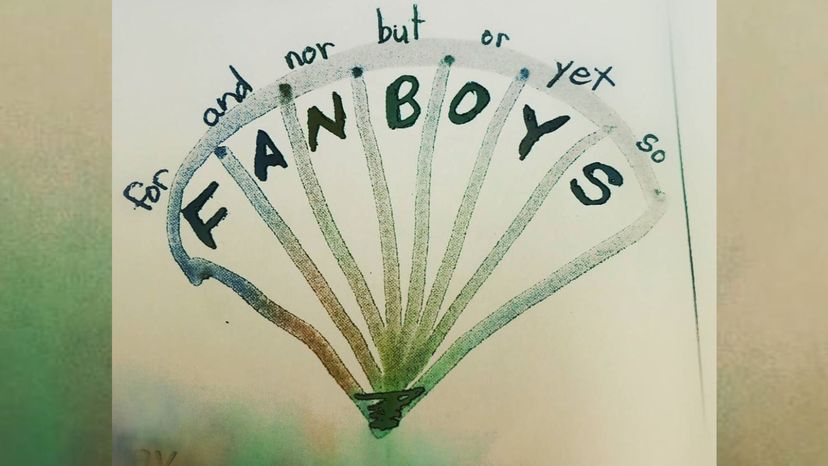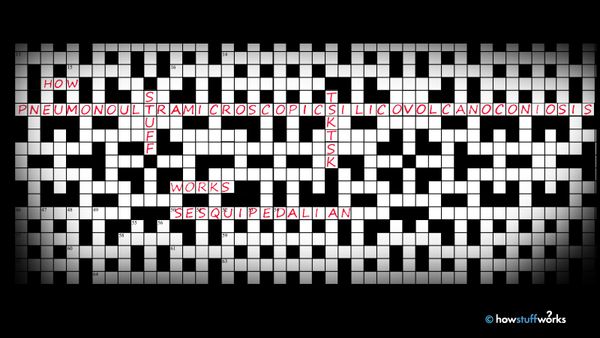
Don't think you should start a sentence with the words "and" or "but"? Like many urban myths, the widespread "rule" against using these three-letter words at the start of a sentence probably began as a well-intended caution.
Whether it was designed to prevent students from creating fragmented sentences, or was simply a not-quite-right rule passed from generation to generation, the origin of this misplaced grammatical rule is lost to history.
Advertisement
What we do know is that, in stark contrast to the advice of many high school English teachers, it's actually fine to start a sentence with "and" or "but" or any other coordinating conjunction. But (see what we did there?), that doesn't mean the debate hasn't continued.
A conjunction is a useful part of speech that connects words, phrases, clauses or sentences; it is a classification comprised of a short list of seven coordinating conjunctions:
- for
- and
- nor
- but
- or
- yet
- so
Any of these coordinating conjunctions may be used to start a sentence. So why does it still feel so uncomfortable? For starters (yep, we did it again), coordinating conjunctions as sentence starters are — and should be — used sparingly and with purpose.
A sentence that begins with a coordinating conjunction can effectively emphasize a connection between two sentences or between two related thoughts. So when you have the opportunity to connect sentences of equal status, and want to add a pause for emphasis, it's OK to start with a conjunction like "and" or "but." For example: You can turn in your homework by printing it at home and then handing it to the teacher at the beginning of class. Or you can simply email it.
Beginning a sentence with a coordinating conjunction also is useful when you need to connect a sentence to a previous paragraph. For instance, if the previous paragraph's last sentence is "Researchers have been unable to trace the origins of the plague to a specific patient." Then the first sentence of the next paragraph could connect to this idea. For example: "But we do know disease-carrying rats were involved."
In fiction, the use of a coordinating conjunction at the start of a sentence is a tool used to make a sentence "more forceful and urgent." It also can signal an unexpected twist. Consider, for example, the use of "but" in this passage from the 1931 edition of "The Waves" by Virginia Woolf:
The biggest danger, if there are dangerous grammatical choices, is overuse. Choose your moments wisely when starting sentences with a coordinating conjunction and it will likely work the way you intended it to: as an emphasis meant to make an impact on the reader.
Advertisement


